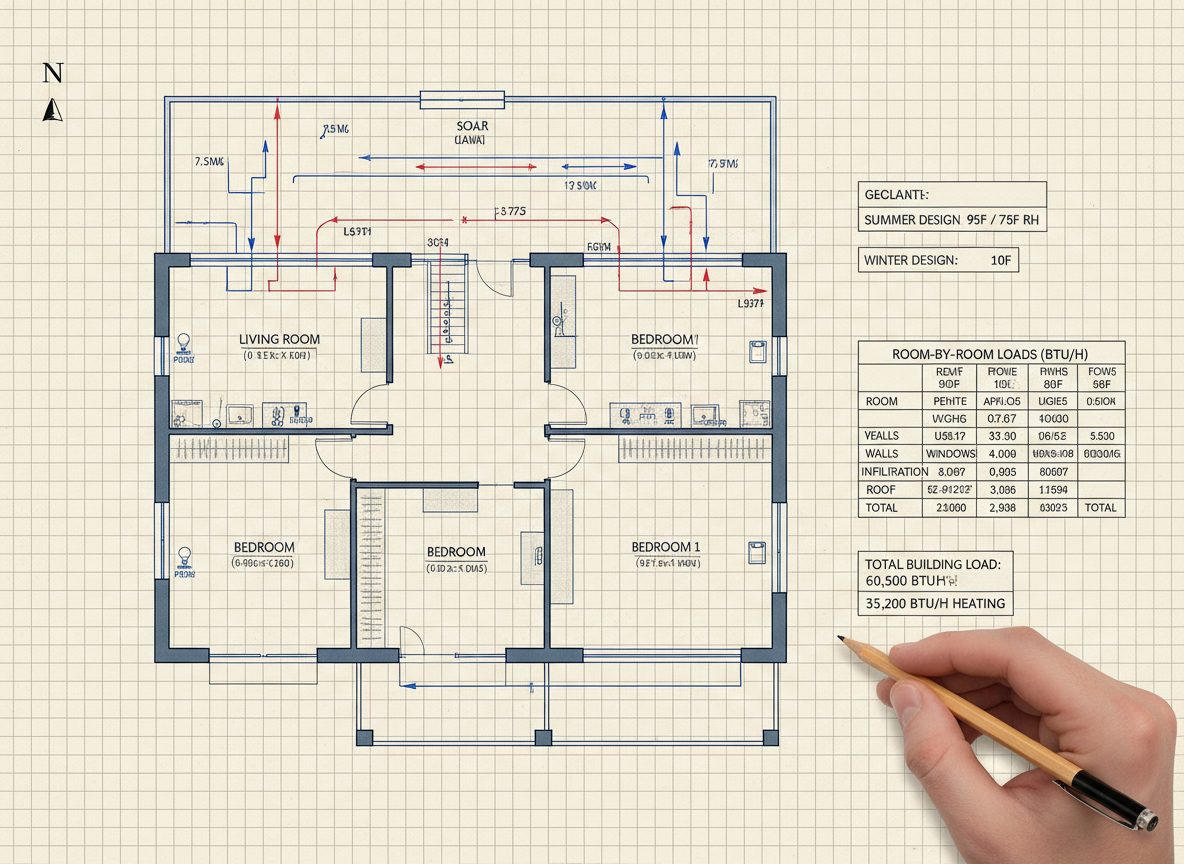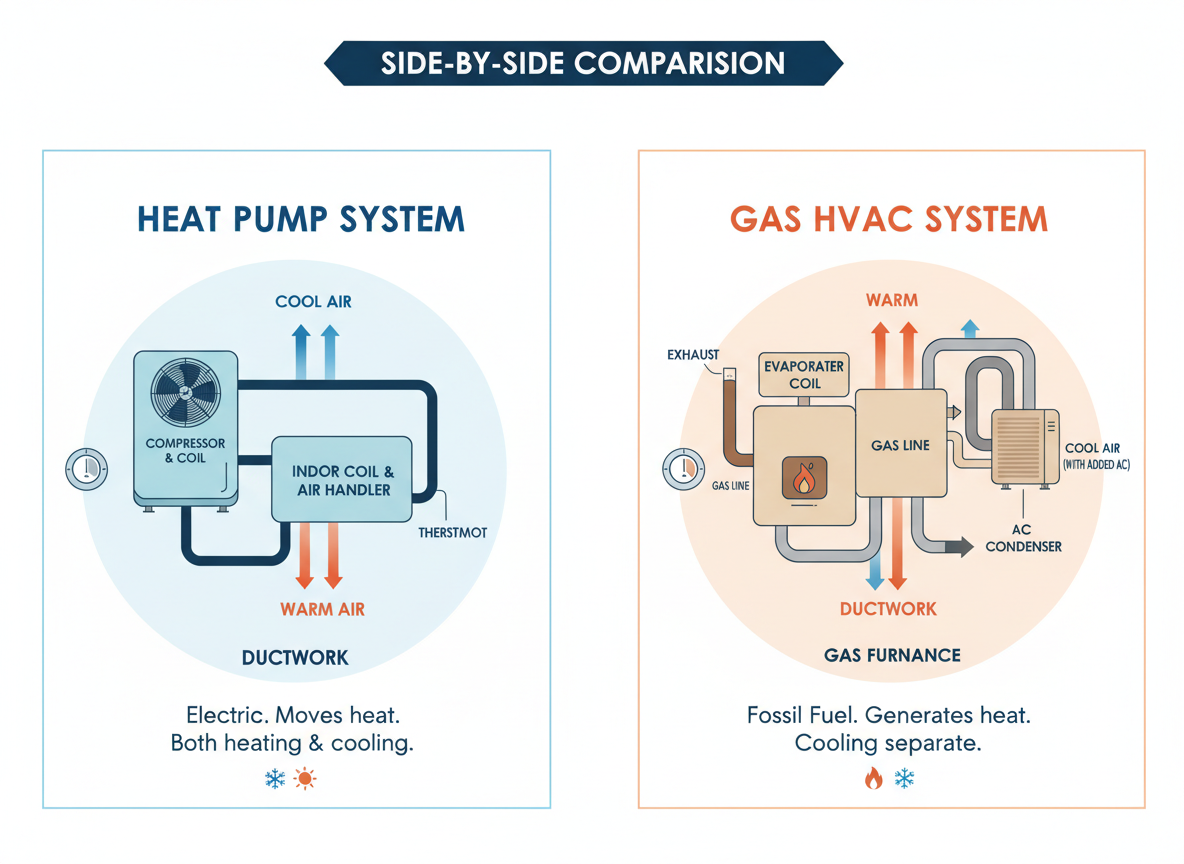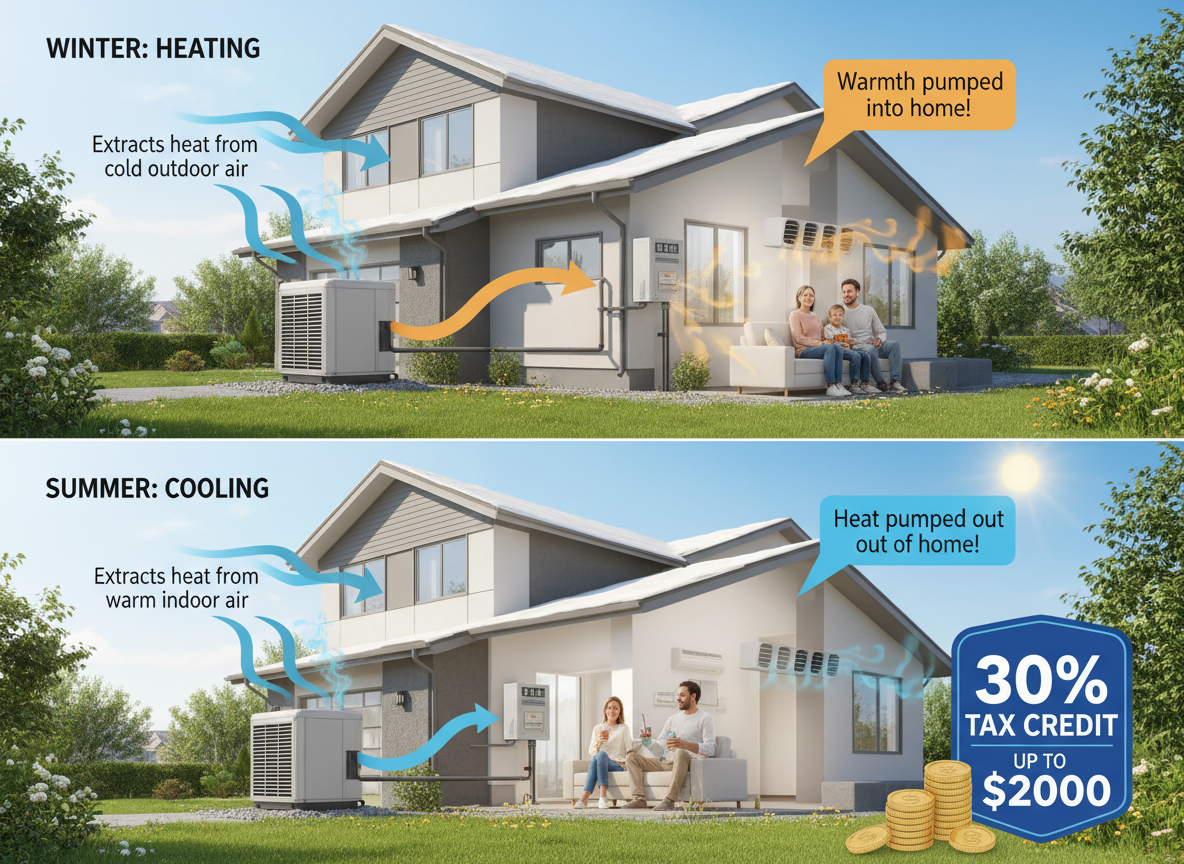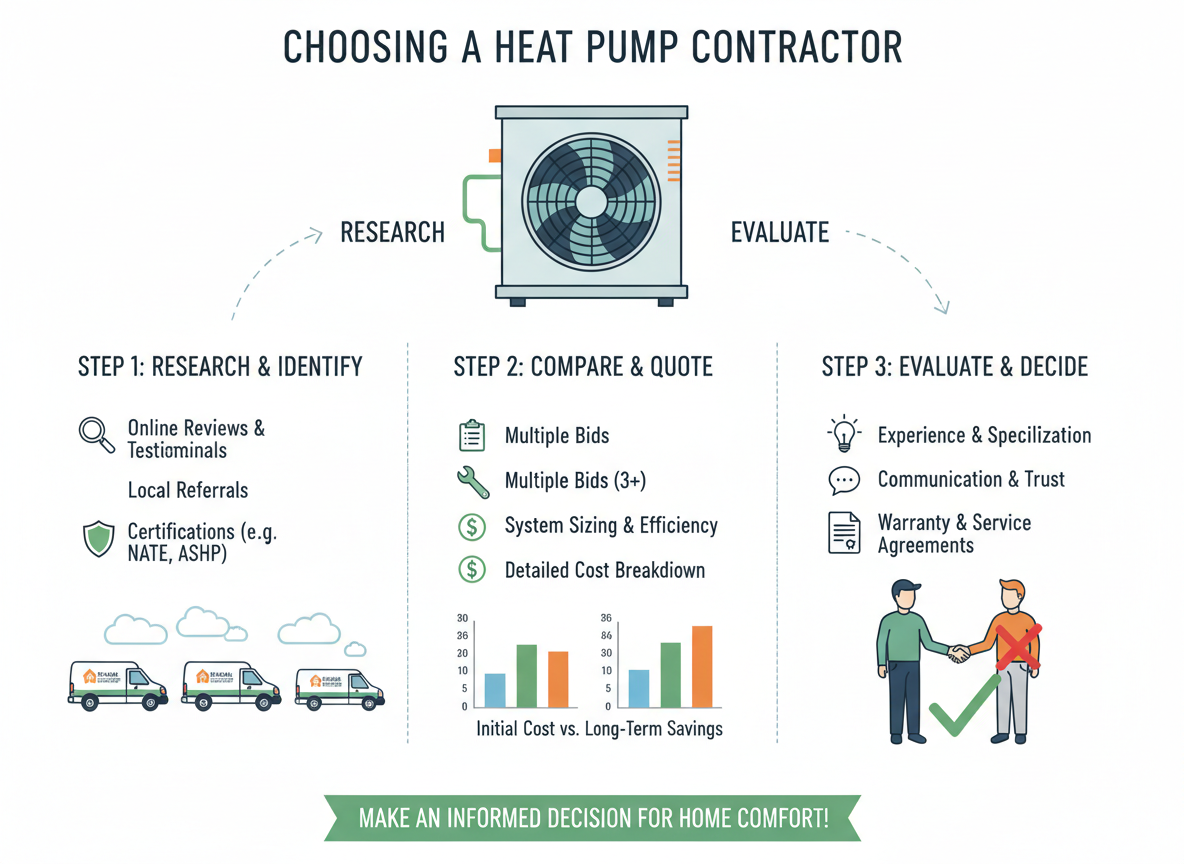
We spend a lot of time thinking about keeping our home at ideal temperatures. What we do not often consider is keeping the home at an ideal humidity level. Just like temperature matters in keeping you comfortable at home, having the right humidity level also matters. Having too high humidity or too low can lead to feeling uncomfortable in your home but can also lead to health issues or costly home repair bills.
Both the Consumer Product Safety Commission and the Environmental Protection Agency recommend a humidity level between 30-50%. This means that the air contains 30-50% of the maximum possible moisture that it otherwise could. In this article we will discuss more about ideal home humidity levels and what can result when levels are too low or too high.
Ideal Indoor Humidity
Every home is different and as you probably know humidity levels change along with temperature and seasons. During the winter season a humidity level between 30%-40% is ideal for keeping your home warm and comfortable without leaving condensation on the windows. In the summer the level can be higher up to 50% since the air contains more moisture.
Low Humidity Issues
Dry indoor air can be damaging to your comfort, health and your home. Anything made from wood in your home can begin to warp and bend as the wood shrinks. Wood flooring can begin to break or even separate. Low humidity can also lead to the following:
- Itchy or dry skin, chapped lips
- Increase in coughing, wheezing, dry airway passages
- Worsening of asthma and allergy symptoms
- Cold and flu viruses can spread more quickly
- Increase energy bills due to raising heat to stay warm after dry air pulls moisture from your skin
High Humidity Issues
You will be able to identify when the humidity in your home is uncomfortably high. The air will feel heavy and sticky and you may find it difficult to sleep. Just as with low humidity, high humidity will not just make you uncomfortable, it can also make you sick. Furthermore, high humidity levels can lead to:
- The growth and spread of mold, fungus and dust mites.
- Decrease in indoor air quality
- Worse or more frequent asthma and allergies
- Damaged drywall or flooring due to mold growth
- Moisture issues such as visible condensation on windows and walls
- High humidity can cause the home to feel muggy, which can leave you feeling hot and uncomfortable
- Increased energy bills as you turn the temperature down for relief from the high humidity
Maintaining Ideal Home Humidity Levels
Maintaining ideal home humidity levels is going to do wonders for you and your family’s comfort, but also is important for your home and its structure. In the summer your air conditioning unit helps prevent humidity as it cools the space. If your AC unit is older the components may not be operating properly or at efficient levels to remove humidity as they should.
Consider ac replacement to help lower humidity levels in your home. You can also consider adding whole-home humidifiers and dehumidifiers which can automatically adjust to reach ideal home humidity levels. You can use a humidifier/portable humidifier during winter months and a dehumidifier in the summer. A key item to remember is to check your air filter monthly, change it at least once every 3 months and schedule routine maintenance.
Contact Top Air Quality Solutions Contractor
Improper humidity levels at home can put a damper on your health and comfort. Contact us if you suspect humidity issues in your home and would like to discuss HVAC replacement. We are also here to help if you need to schedule routine maintenance to help your system run properly and as efficiently as possible. Give us a call today at 818-341-3406 or contact us online.
Ideal Home Humidity Levels Related Posts:






















.png)














